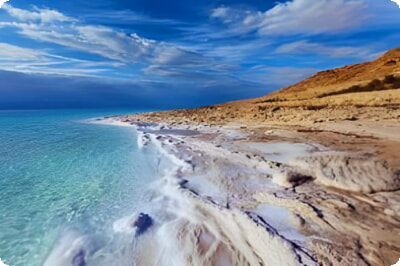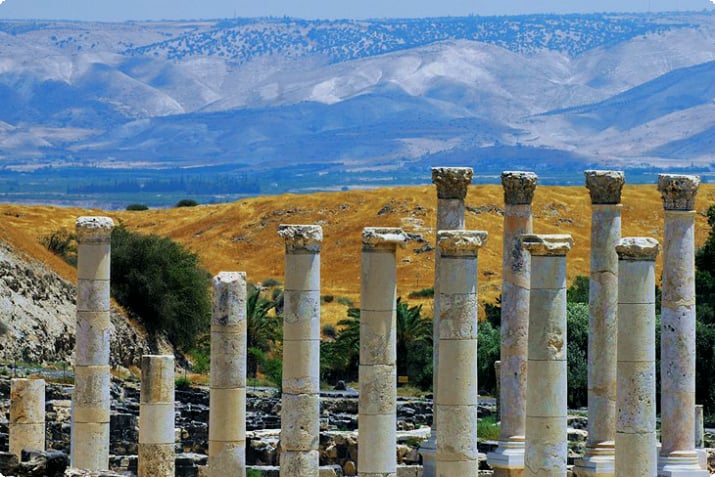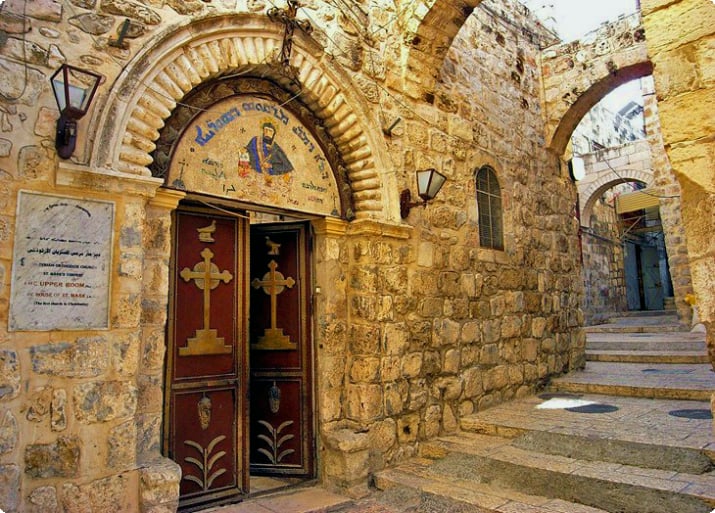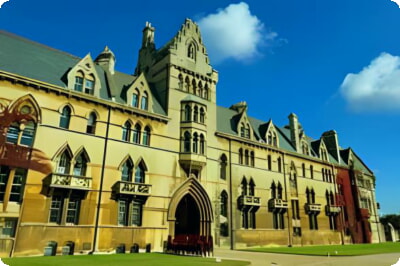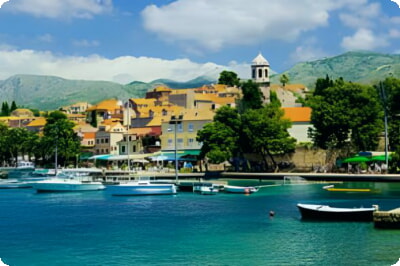Exploring Masada: A Symbol of Jewish Heroism
The Dead Sea region is home to the UNESCO World Heritage site of Masada, a significant location in Jewish history known for the Zealots' last stand against Roman forces. The site's ruins atop a mountain are among Israel's premier historical attractions. Visitors can find comfortable accommodations at various price points, as indicated by a hotel comparison.
1. Masada Museum
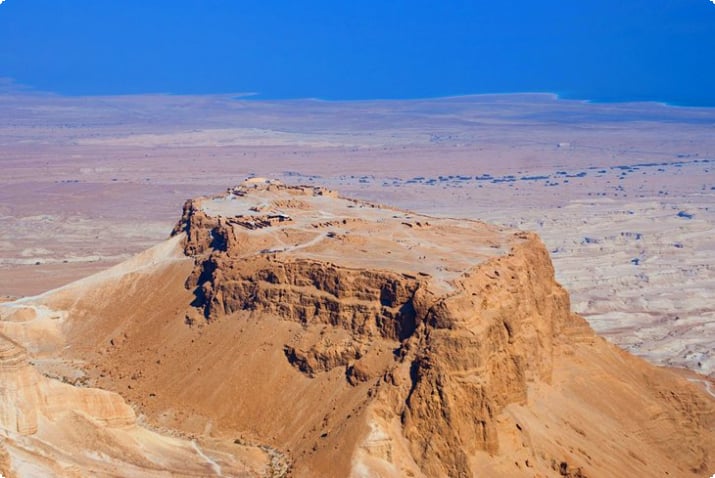
The Masada Museum at the visitor center is essential for understanding the site's historical context. It features artifacts from archaeological digs and includes an audio guide with admission.
2. Paths to the Summit
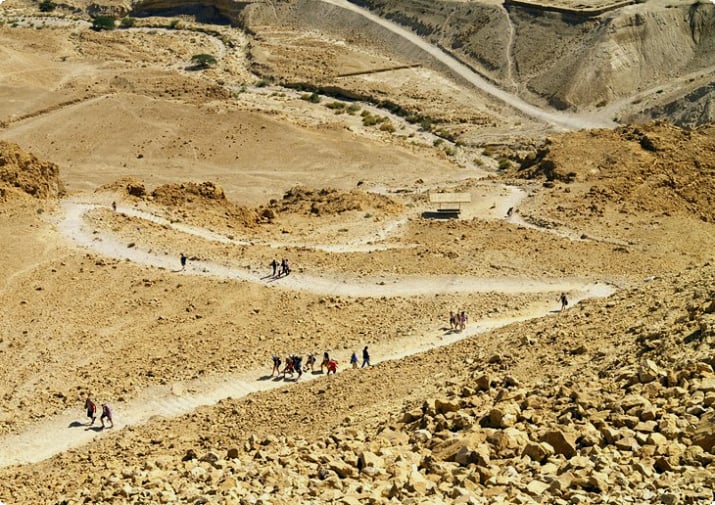
Visitors can reach Masada's summit via cable car or two hiking trails. The Roman Ramp Trail is shorter, while the Snake Trail offers stunning views and takes about an hour to ascend.
3. Northern Palace
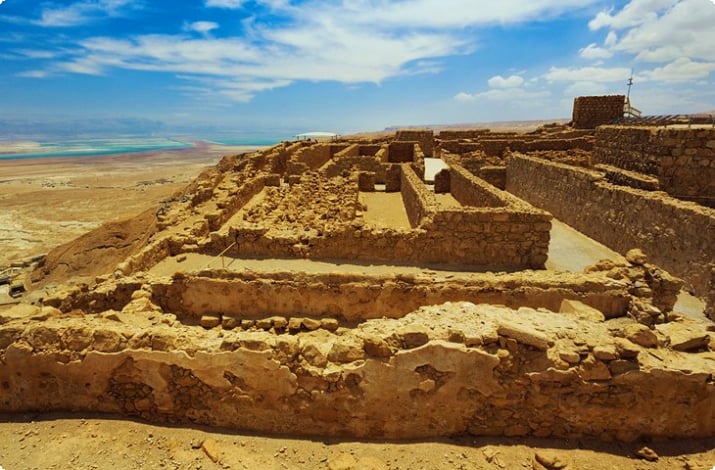
Herod's Northern Palace, a three-tiered architectural marvel, offers breathtaking views and features leisure facilities, cisterns, and a peristyle on the lowest terrace.
4. Baths
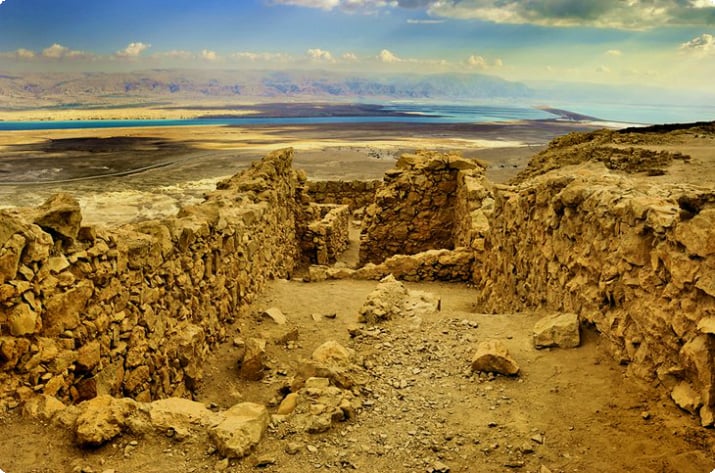
The bathhouse complex includes various rooms such as the changing room, tepidarium, frigidarium, and caldarium, showcasing an ancient under-floor heating system.
5. Synagogue
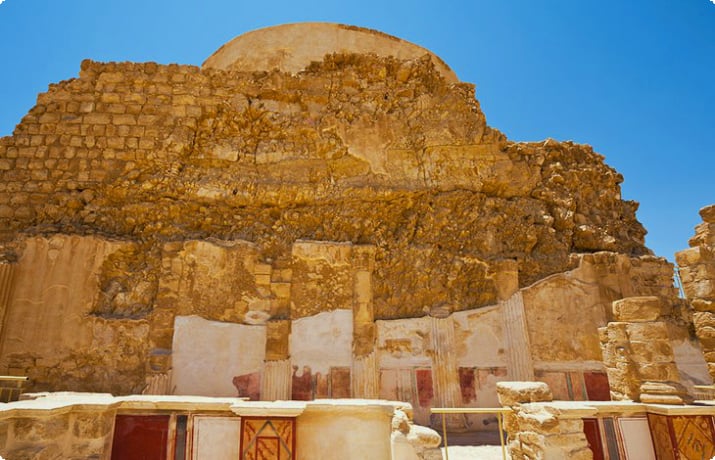
One of the world's oldest synagogues is found here, modified by the Zealots and yielding significant historical scrolls during excavations.
6. Byzantine Church
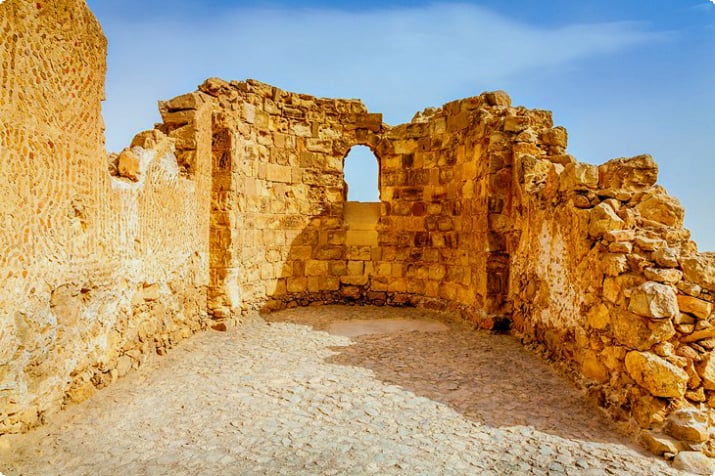
A 5th-century church built by Byzantine monks features a mosaic pavement and may have housed relics.
7. Western Palace
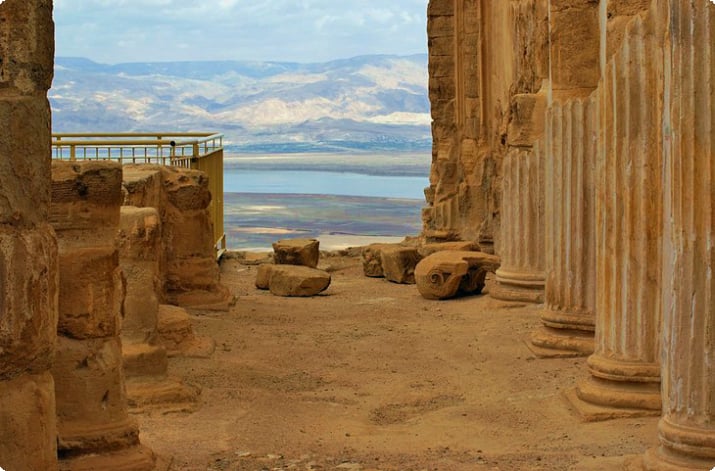
The Western Palace served as Herod's official residence, with administrative offices and living quarters, and features the oldest mosaic pavement found in the region.
8. Sound and Light Show
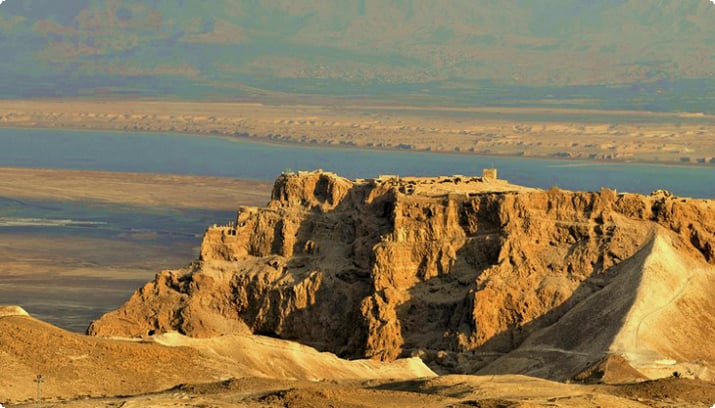
A sound and light show recounting Masada's history is held twice weekly from March to October in the Masada amphitheater.
History of Masada
Masada was first fortified by the high priest Jonathan and later expanded by Herod into a grand fortress. It became the last Jewish stronghold against Rome, where the Zealots chose death over surrender. The Romans breached Masada in AD 73 to find that the defenders had perished by suicide, leaving behind food stores to show they had not been starved into submission. This act of defiance has made Masada a symbol of Jewish resolve.


